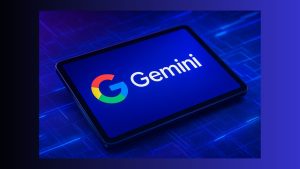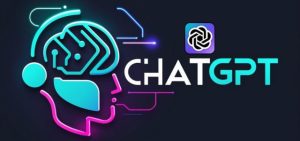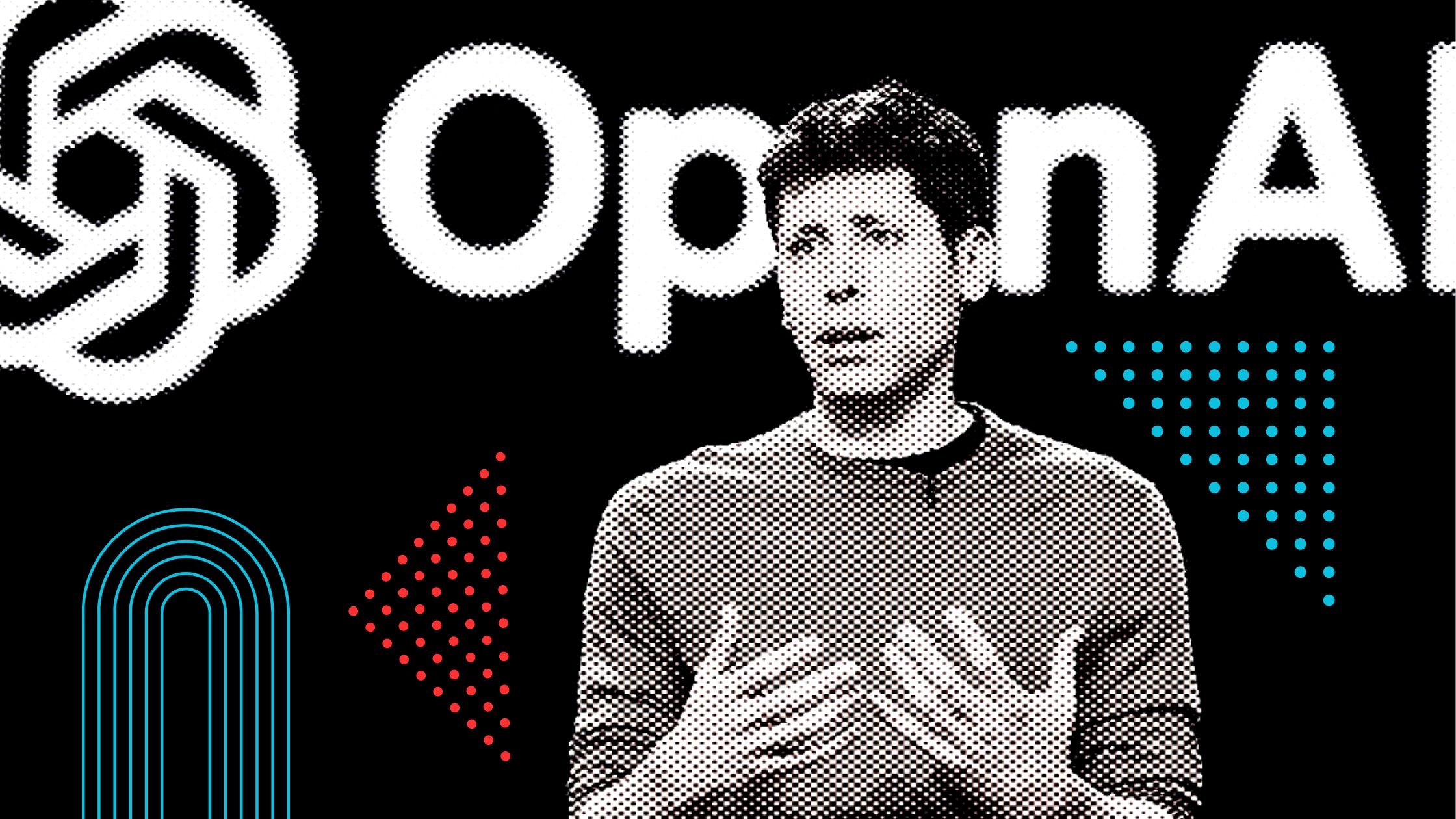AI is no longer just a tool for techies. It’s a money machine if you know how to use it right. Entrepreneurs, freelancers, marketers, and consultants are using tools like Gemini and ChatGPT not just for productivity, but for profit. But here’s the real question: Which AI platform pays you back faster? When it comes to generative AI tools, it’s not about who has flashier features; it’s about which platform actually saves you time, makes you money, or delivers usable results faster. That’s the real Return on Investment (ROI). Google’s Gemini and OpenAI’s ChatGPT are two of the most powerful players in this space, but which one truly pays you back faster?
Let’s break it down in terms that matter: usability, speed to value, learning curve, productivity impact, and monetization opportunities.
Interface and Ease of Access
ChatGPT: OpenAI has streamlined the experience for users. The interface is clean, direct, and fast to load. If you’re using ChatGPT-4 (especially with plugins or advanced tools), the UI stays surprisingly intuitive. Signing up is simple, and navigation is frictionless—even for new users.
Gemini: Google’s Gemini (formerly Bard) integrates tightly with the broader Google ecosystem. If you live in Docs, Sheets, or Gmail, that’s a big plus. But for new users, it can feel slightly buried under menus, and updates roll out less consistently than OpenAI’s iterations.
Winner for Speed to Start: ChatGPT. It’s easier for first-time users and gets you generating content in seconds.
Learning Curve and User Experience
ChatGPT: Built to sound conversational, ChatGPT responds well even to vague prompts. It nudges you into better interactions, suggesting follow-ups and clarifying questions. This makes it ideal for non-technical users, freelancers, marketers, and solopreneurs.
Gemini: While Gemini’s responses can be sharper in factual queries (thanks to its integration with Search), it often requires more directive prompting. If you’re not specific, you risk surface-level answers.
Winner for Ease of Use: ChatGPT. Its intuitive design lowers the learning curve dramatically.
Output Quality: Creativity vs Accuracy
ChatGPT: If you’re writing blogs, scripts, marketing copy, or brainstorming product names, ChatGPT-4 shines. Its tone feels more natural, and it adapts better to different writing styles.
Gemini: It excels in technical or research-backed content. It’s faster at summarizing documents and finding specific facts, but less consistent in tone and creativity.
Winner for Content Creation ROI: ChatGPT. You’ll spend less time editing or tweaking.
Monetization
ChatGPT: Power users monetize it for everything from freelance writing to creating and selling Notion templates. Its integration with tools like Canva, Zapier, and Python/Code Interpreter (in ChatGPT Plus) gives entrepreneurs serious leverage.
Gemini: Google’s strength is in data access. If you’re building content directly into Docs or summarizing reports at scale, Gemini saves you hours, but monetization use cases are more limited, especially for creators.
Winner for Monetization Speed: ChatGPT. There are more side hustle workflows built around it.
Integration and Workflow Enhancement
Gemini: If you’re a heavy Google Workspace user, Gemini is a dream. It automatically drafts emails, rewrites content in Docs, and suggests spreadsheet formulas—all inside apps you already use.
ChatGPT: While not native to any ecosystem, ChatGPT integrates via APIs and third-party plugins. It’s more flexible across diverse platforms but requires setup.
Winner for Workflow ROI: Tie. Gemini wins for Google-native tasks. ChatGPT wins for broader automation.
Developer Tools and Customization
ChatGPT: OpenAI’s GPTs (custom chatbots) let users tailor responses, add file uploads, connect APIs, and build branded tools. Coders can deploy lightweight AI solutions with minimal effort.
Gemini: While powerful under the hood, Google’s tooling feels more geared toward enterprise users. Bard Advanced features aren’t as flexible or accessible as GPT customization options.
Winner for Builders and Tech Creators: ChatGPT. Faster to prototype, monetize, and launch tools.
Real-Time Data and Research
Gemini: With its tight integration into Google Search, Gemini provides fresher, real-time insights on trending topics, stats, and current events.
ChatGPT: Unless browsing is enabled, ChatGPT doesn’t access live data. Even when it does, it’s slower and more limited.
Winner for Up-to-Date Research: Gemini. Best for timely topics.
Cost and Value
ChatGPT: The free tier (GPT-3.5) is solid, but GPT-4’s true power comes at $20/month. For many users, that’s a small price for the hours saved.
Gemini: Gemini Advanced is bundled into Google One AI Premium ($19.99/month), but includes additional Google Cloud storage—making it a better deal for some.
Winner for ROI Per Dollar: Tie. Depends on your daily use.
Monetization Use Cases: How People Are Earning with AI
Both Gemini and ChatGPT have inspired a wave of new income streams—from solopreneurs running AI content agencies to developers building plugins and consultants automating client workflows. Here’s how real users are making them work:
ChatGPT Monetization Examples
- AI Copywriting Agency: A solo marketer uses ChatGPT-4 to generate full email campaigns, landing pages, and product descriptions. “With GPT, I cut content production time by 80%. I went from charging $500 to $1,500 per package—same delivery time.”
- SaaS Integration & Prompt Engineering: A no-code developer builds AI assistants for Shopify stores. “I use GPT to build custom chatbots and increase conversion rate in two months.”
- Freelancer Marketplace Listings: Freelancers are using ChatGPT to generate outlines, course scripts, and ad copy fast, often reselling prompt-based services on Fiverr and Upwork.
Gemini Monetization Examples
- YouTube Script Creation + Research: A content creator uses Gemini Advanced for writing deep-dive YouTube scripts. “Gemini handles the research better. I now create two extra videos a week, and doubled my ad revenue.”
- Internal Company Automation: A project manager at a mid-sized agency uses Gemini to auto-summarize briefs, meetings, and QA reports. “Saved us 10+ hours/week in coordination time. That’s real money saved in team bandwidth.”
- Visual + Data Projects: Gemini’s integration with Google Workspace makes it easy to build reports, data summaries, and branded slide decks—faster than ever.
Gemini vs ChatGPT: Pros and Cons Table
| Feature | ChatGPT | Gemini |
|---|---|---|
| Content Generation | Fast, creative, customizable | Decent, slightly less refined |
| Research Ability | Good, but sometimes generic | Excellent for factual, long-form |
| Google Workspace Integration | Limited | Native, seamless across tools |
| Prompt Flexibility | Very strong | Solid, slightly more rigid |
| UI & Accessibility | Clean, intuitive | Clean, best within Google ecosystem |
| Coding Help | Excellent | Good, but not as advanced |
| Monetization Speed | Fast via writing, scripts, chatbots | Fast via docs, slides, internal tools |
| Community Support | Large, active | Growing but smaller |
Final Verdict: Which Pays You Back Faster?
- If your goal is to write faster, create digital products, grow an audience, or launch a side hustle, ChatGPT pays you back faster.
- If your goal is internal productivity, research, and document handling inside Google apps, Gemini saves you time, but doesn’t yet offer as many monetizable paths.
- For creators, freelancers, and solo entrepreneurs: ChatGPT wins.
- For corporate users, knowledge workers, and analysts inside Google Workspace, Gemini delivers.
- Graphic Design for Beginners: Best Tools & Tips to Start in 2026 - February 22, 2026
- How to Start a Blog in 2026 and Turn It Into a Steady Income Stream - November 10, 2025
- 2026: The Business Sectors Creating the Next Wave of Millionaires—How to Tap into - November 6, 2025








